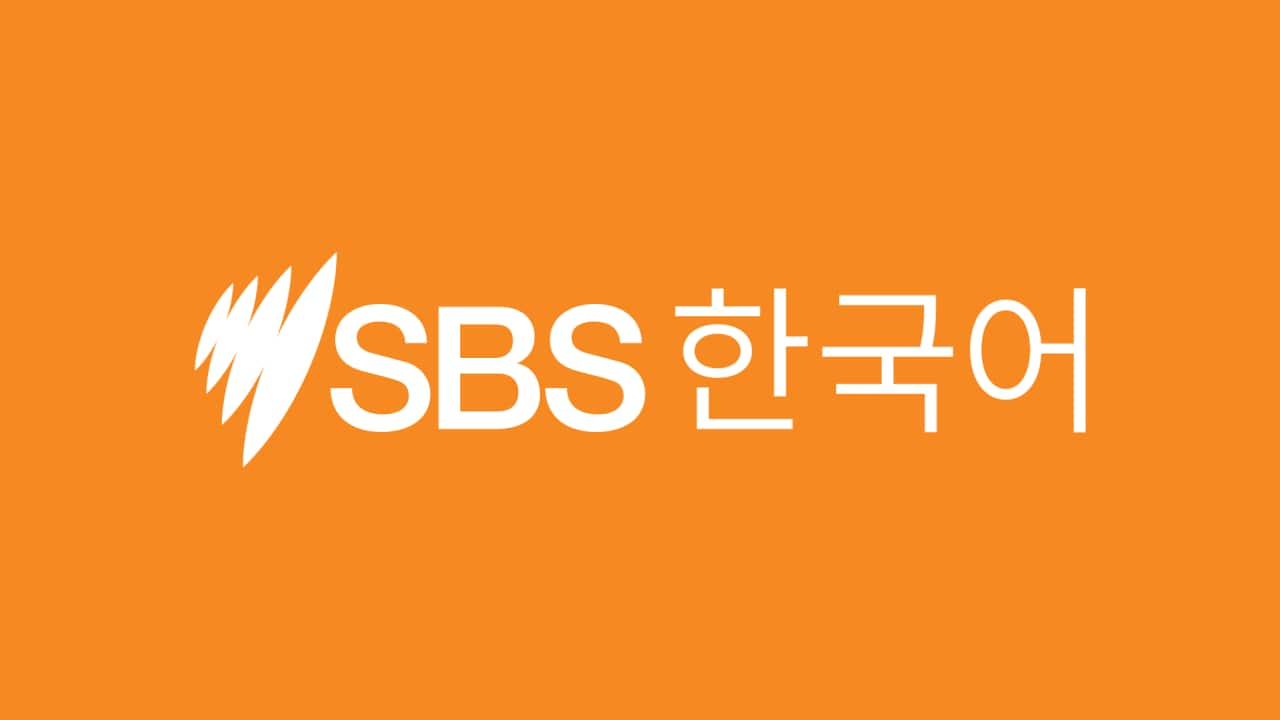SBS Learn English는 호주의 생활 방식과 문화를 익히며 말하기를 함께 배워나갈 수 있는 영어 학습용 새로운 팟캐스트입니다. 전 편을 여기서 확인하세요.
이 내용은 중상급 이상 학습자에게 적합합니다. 먼저 팟캐스트를 들으신 후 간단한 퀴즈를 풀어보세요.
Learning notes
Examples of phrases you can use when you want to say ‘No’ to alcohol:
- No, thanks. I’m pacing myself.
- I don’t want to have one too many.
- I’m taking it slow.
- I’ve been wining and dining a lot lately. I’ll skip this one.
- I’ll sit this one out.
- I’ll give this one a miss.
- No thanks, I’m on the wagon this month.
- I’m doing a dry month.
- I keep to soft drinks.
- I’m on a permanent dry spell!
Colloquial expressions:
To let someone down is to disappoint someone.
When you keep your cool, you stay calm and don’t get upset or nervous, even when things get difficult.
If you’re pacing yourself, you’re taking things slowly, so that you don’t get too tired or too full
Go on is a phrase we use when we are trying to encourage someone to do something.
To let your hair down is to relax and enjoy yourself, especially after you have been careful or serious for a while.
To paint the town red means to go out to celebrate and party really hard.
Vocabulary:
Tipsy is feeling a little light-headed or unsteady.
Wining and dining means eating fancy meals and often drinking wine, usually at restaurants or special events.
A dry month is a period (usually a whole month) when someone chooses not to drink alcohol at all.
Soft drinks are non-alcoholic drinks, usually fizzy or sweet, like soda, juice, lemonade, or sparkling water.
A dry spell literally means a period without water, usually rain , but we can also use it to mean a period without other things, like luck or alcohol.
Learning Focus:
In this episode, Claire said:
- I’ve been wining and dining a lot lately
She wants to stress that process of eating and drinking and so she uses the present perfect continuous tense (I + have + been + verb + ing).
We use this tense when we want to put a particular emphasis on the process of what we have been doing, rather than just say that we have done it. We often use it with words like ‘lately’ or ‘recently’. So, for example, we could say:
- I’ve been studying very hard lately so I’m going to let my hair down tonight
- I’ve been drinking too much recently so I’m going on the wagon
- I’ve been listening to a lot of podcasts lately, so my English is getting a lot better
Transcript:
(Note: This is not a word-for-word transcript)
SBS acknowledges the Traditional Custodians of Country and their connections and continuous care for the skies, lands, and waterways throughout Australia.
You’re at a party for your friend. Everyone is laughing... clinking glasses and wishing her a happy birthday. You came to the party even though you have an early start tomorrow. You don’t want to drink but you still want to enjoy the party.
I’m Josipa, and in this episode, we’re practising how to politely say no to a drink — without spoiling the fun.
Allan is topping up everyone’s wine, and Claire? She’s had enough for now...
Allan
Want another glass?
Claire
No, thanks. I’m pacing myself. Don’t want to have one too many.
Allan
You sure? It’s a special occasion! Go on, let your hair down.
Claire
I’ve been wining and dining a lot lately. I’ll skip this one.
Allan
Fair enough. I’ll be on dry month soon, but cheers in the meantime.
Claire really kept her cool there. When you keep your cool, you stay calm and don’t get upset or nervous, even when things get difficult or awkward. She really didn’t want another glass of wine, but she also didn’t want to seem impolite.
Let’s see how she did it. First, Claire said,
No, thanks. I’m pacing myself. Don’t want to have one too many.
I’m pacing myself. If you’re pacing yourself, you’re taking things slowly so that you don’t get too tired, too full, or in this case, drink too much. You’re being careful and managing your own limits. You could also say,
I’m taking it slow.
And that would mean the same thing. Claire also said,
I don’t want to have one too many.
It means that you don’t want to drink more alcohol than you can handle. To have 'one too many' means having just a little too much — enough to feel tipsy.
When you are tipsy you feel a little light-headed and a bit unsteady. It’s that funny, happy feeling after a small amount of alcohol, but before you’re fully drunk.
When I’m tipsy, I try to keep my cool, because it’s so easy to have one too many in those moments.
Allan then said,
You sure? It’s a special occasion! Go on, let your hair down.
‘To let your hair down’ is to relax and enjoy yourself, especially if you have been careful or serious for a while. We use the phrase ‘Go on’ when we are trying to encourage someone to do something, in this case, to accept the offer of a drink.
I work hard, so when I’m on holidays, I let my hair down – but not too much.
So, yes, I like to relax, but even when I’m having fun, I try not to go overboard — that’s another way of saying we don’t drink too much.
Claire said,
I’ve been wining and dining a lot lately. I’ll skip this one.
Wining and dining means eating fancy meals and often drinking wine, usually at restaurants or special events.
So, Claire said that she’ll skip another drink this time. She doesn’t want any more alcohol. Another way to say politely say 'no' when someone is offering you another drink is,
I’ll sit this one out.
Or
I’ll give this one a miss.
At the end of the dialogue we heard Allan say,
I’ll be on dry month soon, but cheers in the meantime.
A dry month is a period (usually a whole month) when someone chooses not to drink alcohol at all. People might do this for health reasons, as a personal challenge, or simply to take a break.
After the holidays, I always do a dry month to recover from the partying I do on my holidays. It makes me feel healthier. What about you?
Let’s say that you never drink alcohol. When out at a party or a restaurant and someone offers you alcohol, you can say,
I’m sorry, I don’t drink
Or
I keep to soft drinks.
Soft drinks are non-alcoholic drinks, usually fizzy or sweet, like soda, juice, lemonade, or sparkling water. You could also say what Claire said,
I’m on a permanent dry spell!
This is a playful way to say that you never drink alcohol. A dry spell usually means a period without something, often rain or luck, but you can use it to say that you’re not drinking alcohol at all.
Sign up for previews, updates and to provide feedback.
Paul Nicholson and Lily O'Sullivan voiced the characters of Allan and Claire, and Professor Lynda Yates was our educational consultant.
상단의 오디오를 재생하시면 뉴스를 들으실 수 있습니다.
호주 공영방송 SBS(Special Broadcasting Service) 한국어 프로그램의 페이스북과 인스타그램을 팔로우하세요. 구글플레이와 애플 앱스토어에서 SBS Audio 앱을 다운로드할 수 있습니다.
매일 방송되는 한국어 프로그램 전체 다시듣기를 선택하시려면 이곳을 클릭하세요. SBS 한국어 프로그램 팟캐스트는 여기에서 찾으실 수 있습니다.






